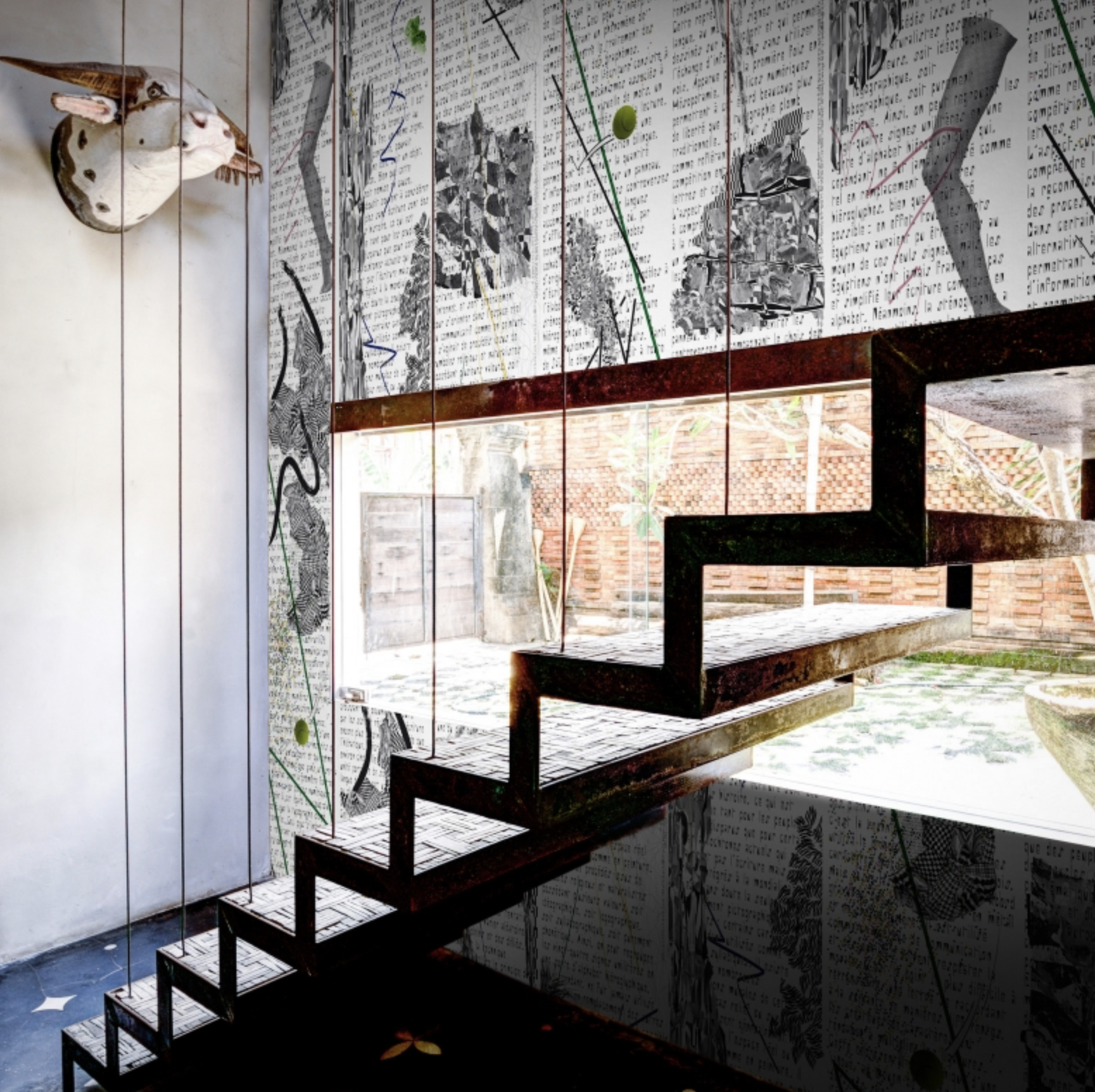Building an extension? - things you need to know
Adding an extension is more popular than ever now, with the cost and upheaval of moving putting people off
Make sure you have done your homework before you start your project, there’s a lot to find out about design, the law and planning.
Be sure to get a few estimates and ask builders to give you references, or look at other projects they have undertaken before agreeing to anything!
There is a simple calculation to building an extension, which should cost you around £1200 per square metre for a single storey extension, but there are lots of hidden costs on top to consider such as plumbing and moving pipework etc., go online to find the information you need on www.studio-j.co.uk .
Remember that the quality of the ground may affect the price you have been quoted, and the builder may not know this till he starts digging! Your quote should allow for foundations of around one metre, but the cost will go up if they have to go down!
Right to Light – your neighbour may attempt to block your plans by claiming they have a right to light to one or more of their windows, this is only relevant in limited circumstances, but overrides planning permission you might have and your permitted development rights.
You might need site insurance until you complete the work! Many people don’t know that most home insurance providers will not cover the building if you are changing the structure of the build, for example extending. Check your builders’ insurance documents to avoid lengthy legal battles.
Your insurance might not cover you, if you are moving out the property while work is in progress, for more than 30 days. Always contact your existing insurers to find out.
Know your building regs – even if you don’t need planning permission for your extension, because you are using permitted development rights, you must get building regulations approval. They will set out minimum requirements for structural integrity, fire safety, energy efficiency, damp proofing, ventilation and other key aspects that ensure a building is safe.
Find out if you are in a conservation area, if you are, your rights may be restricted. Each Local authority has its own policy but the basis of the policy is to prevent the loss of character of the area, always contact your local conservation officer first.

